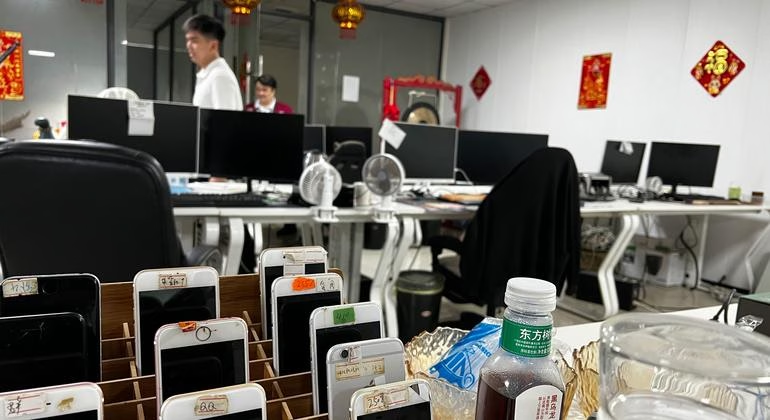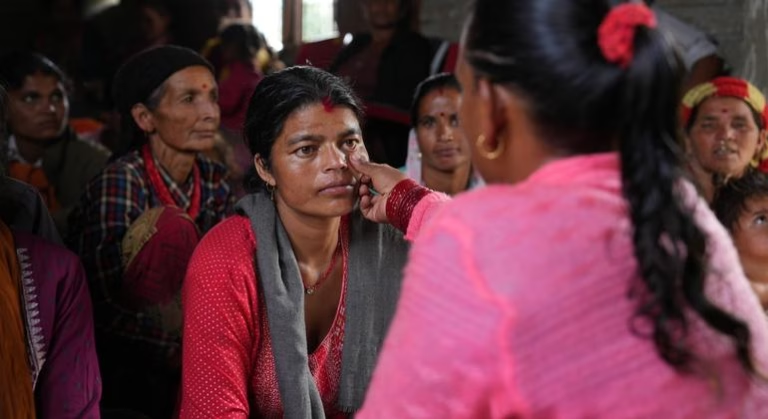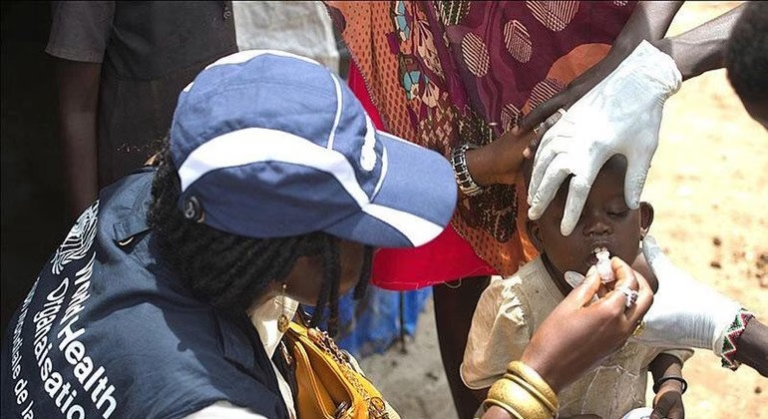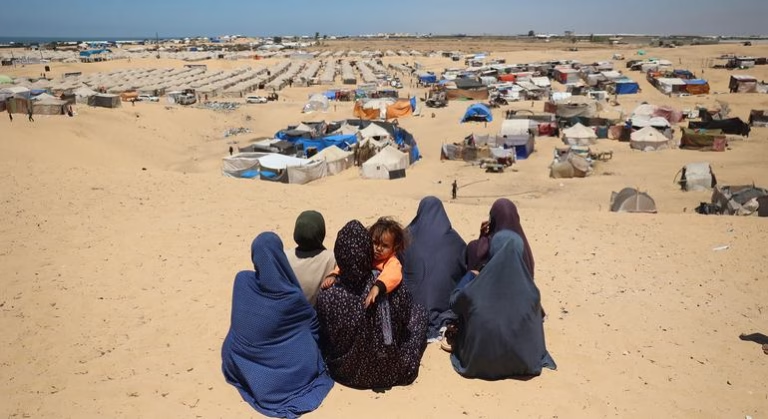
The scammers claimed she and her family might face imprisonment, asserting they would hack her phone. This statement deeply unsettled her, making her very concerned for her family’s safety.
Her ordeal began on a Friday in March 2024 when she received a call from someone who claimed to work at the Thai embassy in Washington DC, informing her that her recently renewed passport had been compromised, putting her at risk of identity theft.
During the call, she was connected to an individual pretending to be from the Thai Central Investigation Bureau in Bangkok, demanding personal information and bank account details as part of a fictitious investigation.
Unexpected Accusations
An alarming turn in the scam came when Bow was accused of being a suspect in an international money laundering operation, with the scammers demanding she prove her innocence.
Bow was told to send money from her bank account to a supposed investigative account, under the promise of return and further checks, which she found confusing, given she could have showed them her legal U.S. earnings.
Despite feeling shocked and scared, Bow had the presence of mind to call the Thai embassy back, seeking clarification and more information about her supposed legal predicament.
The call came from San Francisco, but due to the time difference, the Thai embassy had already closed for the day on the East Coast, a timing manipulation by the scammers.
The Elaborate Scheme
“The story just kind of built from there,” Bow disclosed, explaining how she ended up transferring over $300,000 to the scammers over a period of three months.
This scam is part of a larger issue identified by the UN Office on Drugs and Crime (UNODC), showing international organized crime networks are becoming increasingly adept at swindling unsuspecting individuals out of significant amounts of money.
UNODC reports that these criminal groups, particularly those in Asia, are expanding their operations globally, not just exploiting the region but also seeking new territories and methods for fraudulent activities.
“We’re observing a global expansion of East and Southeast Asian organized crime groups,” stated Benedikt Hofmann, UNODC Acting Regional Representative for Southeast Asia and the Pacific, indicating this growth is part of a strategy to spread their operations and mitigate risks from potential disruptions.
Bow suffered not only financial loss but also deep emotional distress, leading to depression, insomnia, and nightmares. She has accepted that her money is gone and hasn’t pursued legal action, opting instead to make her story public to prevent others from falling victim to similar scams.
Source: https://news.un.org/feed/view/en/story/2025/04/1162476








